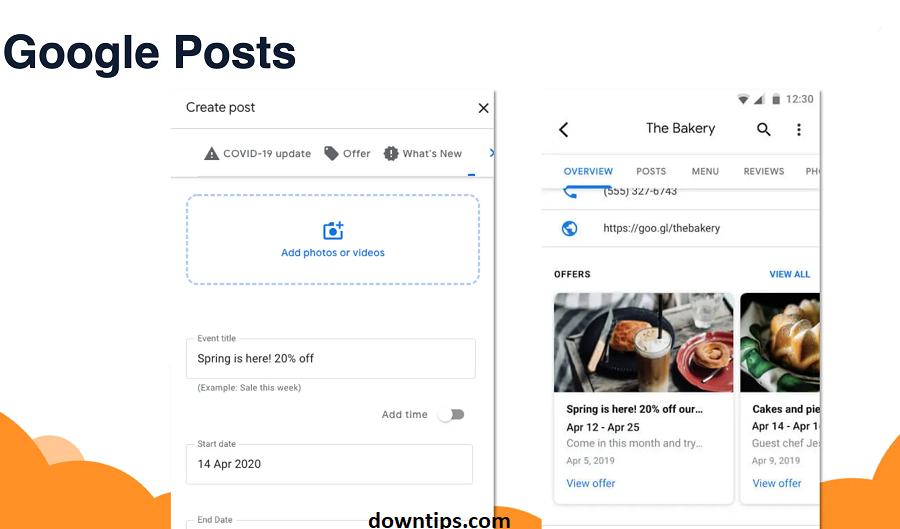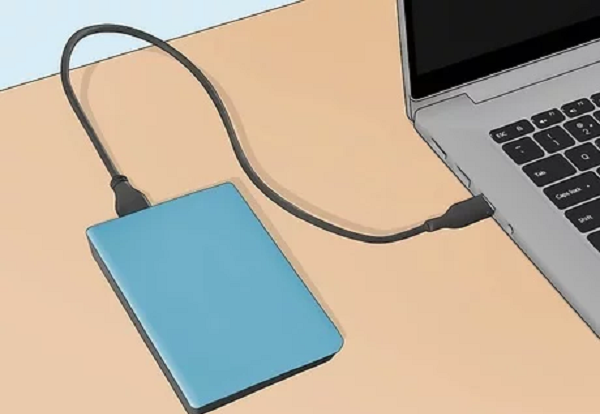Walk2Learn gives you the best guide on how to earn from a Freelance Website. Here are some instructions and descriptions given below:
What is Freelance?
Freelancing refers to working as an independent contractor or self-employed individual rather than being employed by a single company long-term. Clients or companies hire freelancers to perform specific tasks, projects, or services on a temporary or contract basis. They often work remotely and have the flexibility to choose their hours, projects, and clients.
Key characteristics of freelancing include:
- Independence:
- It has control over their work and business decisions. They are not bound by the rules or constraints of a traditional employer and have the freedom to set their schedules, rates, and work arrangements.
- Flexibility:
- Freelancing offers flexibility in terms of work hours, location, and projects. It can work from anywhere with an internet connection and can often choose when and how much they work.
- Variety:
- Freelancers may work on a variety of projects for different clients across various industries. This diversity can provide opportunities for learning, skill development, and exposure to different types of work.
- Client Relationships:
- Freelancers typically work directly with clients or businesses to deliver their services. Building and maintaining relationships with clients is essential for securing repeat work and referrals.
- Income Variation:
- Freelancers’ income may vary depending on factors such as project volume, client demand, and market rates. Freelancers are responsible for managing their finances, including budgeting, invoicing, and taxes.
- Skill Specialization:
- Freelancers often specialize in specific skills or areas of expertise, such as writing, graphic design, programming, marketing, consulting, or other professional services.
- Networking:
- Networking is crucial for freelancers to find clients, build relationships, and grow their businesses. Freelancers may network through social media, professional organizations, industry events, online platforms, and word-of-mouth referrals.
- Portfolio Building:
- Freelancers typically maintain a portfolio or resume showcasing their work, projects, and accomplishments. A strong portfolio can help attract clients and demonstrate expertise in their field.

How to earn Money from Freelance Website:
Earning money from freelance websites involves several steps, from setting up your profile to securing and completing projects. Here’s a guide to help you get started:
1. Choose a Freelance Platform:
- Research and choose a reputable freelance platform that matches your skills and expertise. Popular options include Upwork, Freelancer, Fiverr, Toptal, and Guru.
2. Create a Compelling Profile:
- Set up a professional profile that showcases your skills, experience, and portfolio. Include a clear and concise description of the services you offer, your areas of expertise, and any relevant qualifications or certifications.
- Upload samples of your work, such as portfolio pieces, case studies, or past projects, to demonstrate your capabilities to potential clients.
3. Define Your Services and Pricing:
- Clearly define the services you offer and the pricing structure for each service. Consider factors such as your skill level, experience, market demand, and competition when setting your rates.
- Offer different service packages or tiers to cater to a variety of client budgets and needs.
4. Search for Projects:
- Use the search and filtering features on the freelance platform to find projects that match your skills and interests. Browse job listings, project postings, and client requests to identify opportunities that align with your expertise.
- Use relevant keywords and filters to narrow down your search and find projects that are a good fit for you.
5. Submit Proposals:
- Write customized proposals for projects that interest you, addressing the client’s specific needs and requirements. Highlight your relevant experience, skills, and qualifications to demonstrate why you’re the best candidate for the job.
- Tailor each proposal to the individual client and project, and avoid using generic templates or boilerplate responses.
6. Communicate with Clients:
- Respond promptly to messages and inquiries from potential clients to demonstrate your professionalism and reliability.
- Clarify project details, scope, and expectations with clients before starting work to ensure a clear understanding of the requirements and deliverables.
7. Deliver High-Quality Work:
- Once hired, focus on delivering high-quality work that meets or exceeds the client’s expectations. Communicate regularly with the client, provide updates on progress, and address any feedback or concerns promptly.
- Pay attention to deadlines and project milestones to ensure timely delivery of work.
8. Build Your Reputation:
- As you complete projects successfully, ask clients for feedback and testimonials to build your reputation and credibility on the freelance platform.
- Aim for positive reviews and ratings, as they can help attract more clients and opportunities in the future.
9. Market Yourself:
- Promote your services and expertise on social media, professional networks, and your website or portfolio. Share updates about your work, client testimonials, and relevant industry insights to attract potential clients.
- Network with other freelancers, industry professionals, and potential clients to expand your reach and connections.
10. Provide Excellent Customer Service:
- Offer excellent customer service to clients by being responsive, attentive, and proactive in addressing their needs and concerns.
- Build strong relationships with clients to encourage repeat business and referrals






